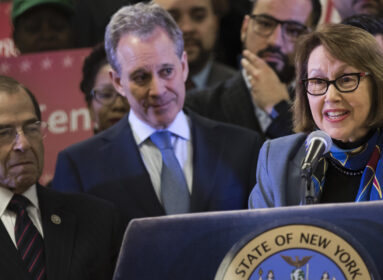
By Bradley Martin/JNS.org – In the first-ever official visit by an Indian head of state to Israel, President Pranab Mukherjee arrived in Jerusalem this week to discuss a wide range of issues including the negotiation of an extensive free-trade agreement, bilateral cooperation in agricultural and other technologies, and expanded counter-terrorism coordination.
Relations between India and Israel have recently undergone a major shift. In 1947, India voted against Israel joining the United Nations and did not establish official relations with Israel until 1991. This was mainly out of concern over how this would affect India’s diplomatic relations with Muslim countries, as well as India itself hosting “the world’s second-largest Muslim population in raw numbers,” according to a 2013 report by the Pew Research Center.
Nevertheless, this recent development demonstrates how ties between the two countries have expanded considerably since then. The most recent example of a warming of relations between the countries came when India decided to abstain from the U.N. Human Rights Council vote condemning Israel during the 2014 Gaza conflict. This was a significant policy change, since India for decades was a leading force for nations that automatically voted against Israel in all international forums. At the same time, the Press Trust of India recently quoted Mukherjee as saying, “India’s traditional support to the Palestinian cause remains steadfast and unwavering while we pursue strong relations with Israel.”
During Mukherjee’s visit, India and Israel signed a double taxation avoidance pact as well as a number of accords promoting cultural and technological exchange between the two nations.
Israeli Prime Minister Benjamin Netanyahu shares a very warm relationship with Indian Prime Minister Narenda Modi. The prime ministers earlier this year congratulated one another on their respective electoral victories, with Modi making a point of doing so in Hebrew and Netanyahu expressing his good wishes in Hindi. Mukherjee extended an invitation to Netanyahu to become the second Israeli prime minister to visit India, the first being former prime minister Ariel Sharon, who visited India in 2003.
Further illustrating the growing ties between the two countries, Israel is India’s second-largest arms supplier after Russia. In addition, bilateral trade between Israel and India grew from $200 million in 1992 to $4.39 billion in 2013.







 Southern New England Jewish Ledger
Southern New England Jewish Ledger














